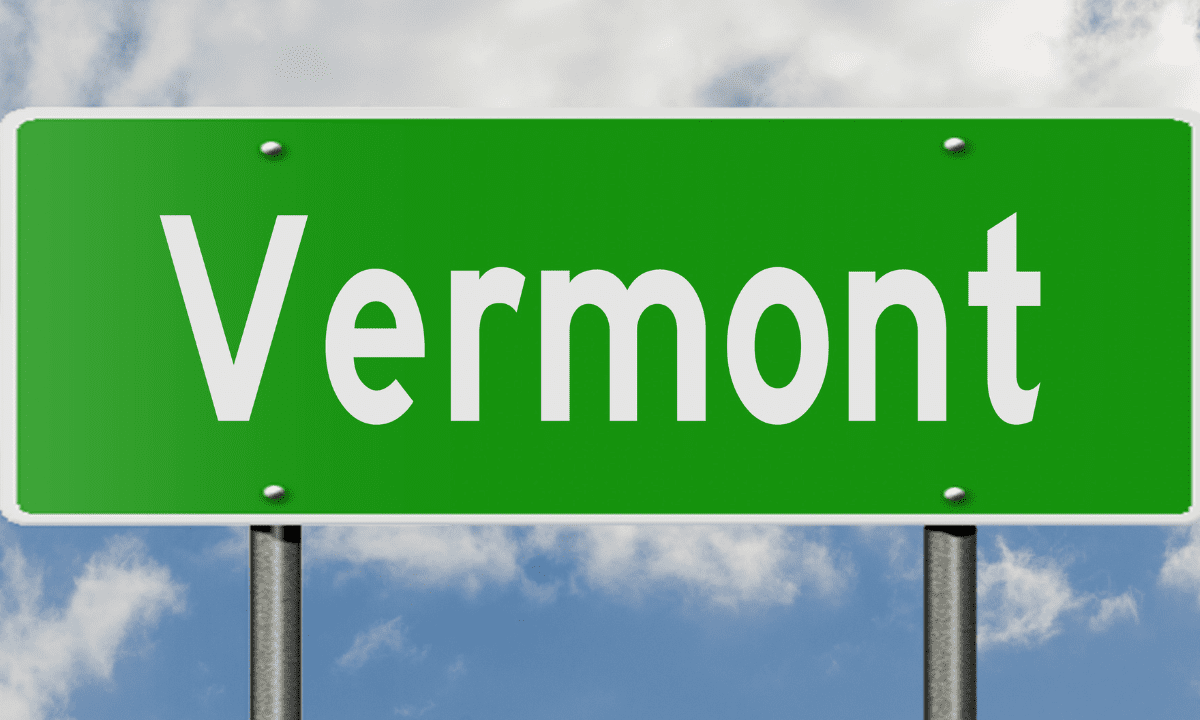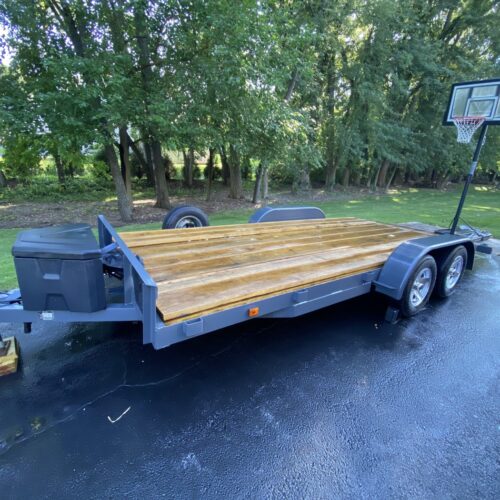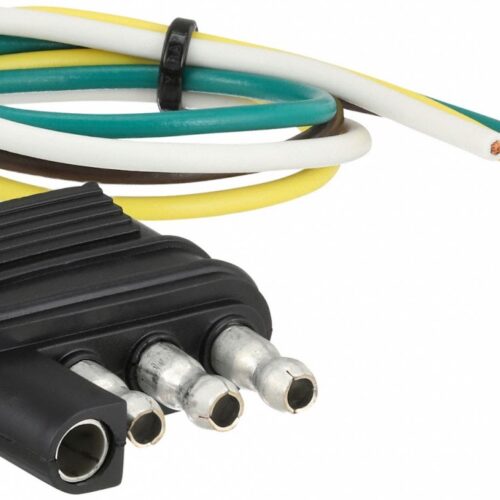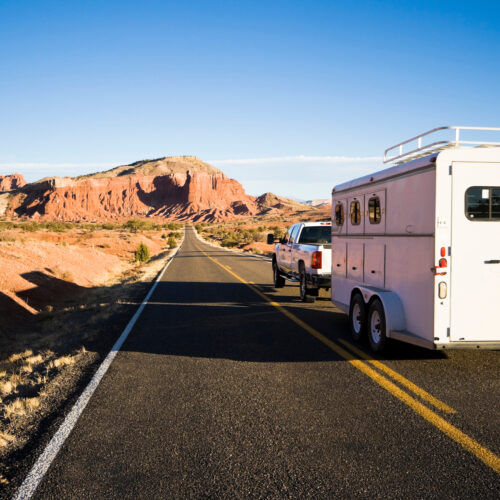If you’re planning to tow a trailer through Vermont, it’s important to understand the specific rules and regulations that apply. Whether you’re towing a utility trailer, or any other type of trailer, ensuring you’re compliant with laws will keep you safe and help you avoid fines or penalties. Below is an overview of key Vermont trailer towing laws that every driver should know.

1. Trailer Registration
All trailers that are towed on Vermont highways must be properly registered. This includes campers, boat trailers, utility trailers, and any other trailers that are used for personal or commercial purposes. To register a trailer in Vermont, you’ll need proof of ownership and must pay a registration fee based on the weight of the trailer. Trailers must also have a current inspection sticker, which can be obtained after the trailer passes a safety inspection at a certified station.
2. Weight Limits
Vermont adheres to gross vehicle weight rating (GVWR) limits when it comes to towing trailers. The towing vehicle and trailer together must not exceed the GVWR specified by the manufacturer of the towing vehicle. If you’re towing a large trailer, you may need to obtain a special permit depending on the combined weight.
For most standard vehicles towing small to medium-sized trailers, the gross weight limit is generally within acceptable limits. However, for vehicles towing larger trailers, like RVs or trailers carrying heavy loads, you’ll need to be mindful of weight restrictions on certain roads and bridges.
3. Speed Limits
The speed limit for vehicles towing trailers in Vermont is generally the same as the posted speed limit for passenger vehicles unless otherwise indicated. However, it is important to exercise caution, especially on Vermont’s rural roads and in mountainous regions, where speed limits may vary or conditions may make towing at higher speeds unsafe. Always slow down and drive cautiously in bad weather, on steep inclines, and around sharp turns.
4. Safety Chains and Couplings
Vermont law requires that trailers be securely connected to the towing vehicle using an appropriate hitch or coupling device. In addition to the primary hitch connection, a safety chain or cable is required. This secondary connection acts as a backup in case the hitch fails, helping to prevent the trailer from separating from the tow vehicle. The safety chain must be strong enough to prevent the trailer from breaking loose, and it should cross under the hitch to prevent dragging in case of failure.
5. Braking Requirements
Trailers with a gross weight exceeding 3,000 pounds must have their own independent braking system. Vermont law mandates that the braking system be able to bring the trailer to a stop within a specified distance when traveling at 20 mph on a level surface. Additionally, all trailers must have a breakaway braking system that automatically applies the trailer’s brakes if it becomes disconnected from the towing vehicle.
6. Lighting Requirements
All trailers in Vermont must be equipped with proper lighting to ensure visibility. This includes:
- Taillights: Required on all trailers to be visible from at least 500 feet to the rear.
- Brake Lights: Must be functioning and visible when the vehicle’s brakes are applied.
- Turn Signals: Required on trailers to indicate the direction of turns.
- Reflectors: Trailers must have red rear reflectors that are visible at night from up to 300 feet.
- License Plate Light: The rear license plate must be illuminated so that it is visible from at least 50 feet.
7. Maximum Trailer Length, Width, and Height
In Vermont, the size of the trailer you’re towing must adhere to certain limitations:
- Maximum Length: The total length of the trailer and towing vehicle combined cannot exceed 75 feet.
- Maximum Width: The width of the trailer cannot exceed 8 feet, 6 inches.
- Maximum Height: The maximum allowed height of a trailer, including its load, is 13 feet, 6 inches.
Oversized trailers that exceed these dimensions may require a special permit.
8. Overnight Trailer Parking
If you’re traveling through Vermont with a trailer and planning to park overnight, keep in mind that some towns and cities have restrictions on where you can park trailers. You may be prohibited from parking in certain residential areas or on public streets. Always check local regulations to avoid fines or towing of your vehicle and trailer.
9. Towing Multiple Trailers
Vermont law prohibits the towing of multiple trailers (i.e., “triple towing”) behind a single vehicle. If you’re driving through Vermont and need to tow more than one trailer, be aware that this practice is not allowed and could result in fines.
10. Special Permits
If you’re towing an oversized or overweight trailer through Vermont, you may need to apply for a special permit from the Vermont Department of Motor Vehicles (DMV). Permits are typically required for trailers that exceed the maximum allowable dimensions or weight limits, and the application process includes submitting details about your vehicle and trailer, the route you’ll be taking, and the purpose of the trip.
Vermont’s trailer towing laws are designed to ensure safety on the road, especially considering the state’s diverse terrain and sometimes challenging driving conditions. By understanding and following these regulations, you can help ensure a smooth and safe towing experience. Always check for updates on local laws, especially if you’re planning a long trip through Vermont or towing a particularly large or heavy trailer.
Safe travels, and happy towing!




